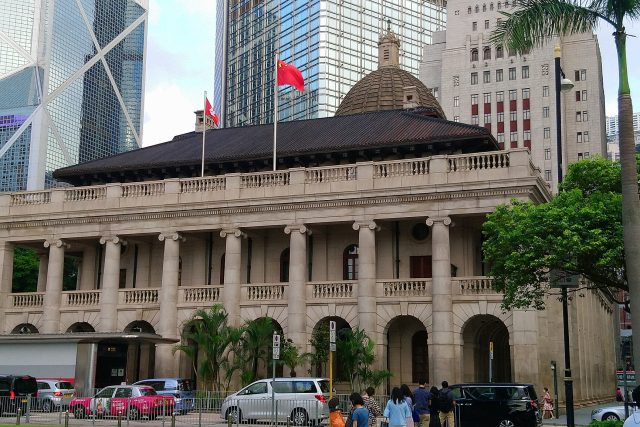Many cryptocurrency exchanges (CEXs) that facilitate trades between users of various digital currencies have often come under fire for mismanaging money, or engaging in unlawful activity.
Most famously, Bahamas-based exchange FTX collapsed after a spike in customer withdrawals revealing significant mismanagement of funds. But following these events, how regulated are the top CEXs across the globe? Has change begun, or have we been left with too little regulatory oversight?
In an attempt to find out, VASPnet, a subsidiary of XReg Consulting, a crypto asset public policy and regulatory affairs firm, has launched a new report in partnership with CCData, looking into how regulated the world’s top crypto exchanges are.
VASPnet’s regulatory reference data product, VASPdata, streamlines and standardises data on virtual asset service providers (VASPs) from 89 regulators and public authorities in 70 different countries. Once CCData identified the top 107 global CEXs with the highest trading volume, VASPnet provided information on where they’re located, how many are or are not under regulatory oversight and how many are operating in multiple countries.
Exploring CEXs across the globe
It found that most of the world’s top centralised exchanges (CEXs) have established entities that are concentrated in Europe, North America and Asia.
Meanwhile, the US boasts more top CEXs registered with the Financial Crimes Enforcement Network (FinCEN) than any other country. Thirty-six per cent of the top CEXs hold a money transmitter license in the US from FinCEN. The report also reveals that 79 per cent of top CEXs that hold a money transmitter license in the US are also regulated in at least one other country.
These findings reinforce the idea that US-based crypto firms are establishing entities outside the US in countries with VA regimes that provide greater regulatory certainty.
In the Asia Pacific region, Singapore emerged as the most popular jurisdiction for top CEXs. In the European Union, Lithuania is the most popular, possessing a total of 12 top CEXs, followed by Italy (11 CEXs) and France (seven CEXs).
Of the top regulated CEXs, 30 per cent are explicitly prohibited from servicing residents in other countries. However, around 18 per cent of the world’s top CEXs are not under regulatory oversight at all.
This means roughly one in every six top crypto exchanges may be unregulated counterpart service providers.




The Most Read
Сryptocurrencies
Bitcoin and Altcoins Trading Near Make-or-Break Levels
Financial crimes
Thieves targeted crypto execs and threatened their families in wide-ranging scheme
Financial crimes
Visa Warning: Hackers Ramp Up Card Stealing Attacks At Gas Stations
News
Capitalism is having an identity crisis – but it is still the best system
Uncategorized
The 73-year-old Vietnamese refugee is responsible for bringing Sriracha to American consumers
Uncategorized
Electric Truckmaker Rivian, Backed By Amazon, Ford, Raises Whopping $1.3 Billion